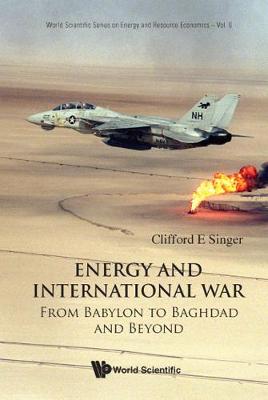World Scientific Series on Environmental and Energy Economics and Policy
2 primary works
Book 0
Historical Energy Statistics: Global, Regional And National Trends Since Industrialization
by T. S. Gopi Rethinaraj and Clifford E Singer
Published 31 December 2018
Current literature on international energy statistics is scattered amongst a variety of sources using different physical units and geography of reporting units. Comprehensive production and consumption data are only readily available in consistent units for some countries for more recent decades.This essential book presents a comprehensive statistical survey of global and regional energy trends since early industrialization, primarily based on 19th- and 20th-century records from various European and Western Hemisphere sources. Besides containing up-to-date information, it also traces trends from before the 1980s in global, regional and national energy histories. The time series data from earlier years are systematically patched to current political boundaries and officially reported data since the formation of the UN and changes since the end of the Cold War. The result of this careful reconstruction is a consistent country-by-country time series dataset for production and consumption of commercially-traded primary energy sources. A first in its field, this reference volume is an invaluable resource for those working on energy, environment and climate issues.
Book 6
Energy And International War: From Babylon To Baghdad And Beyond
by Clifford E Singer
Published 13 October 2008
Will international wars where energy resources play a central role continue to hold sway over life and death for industrialized nations, or is this a transient phase in the evolution of industrial societies? This book answers this question by tracing the history of energy and conflict from antiquity, through the epic hot and cold wars of the twentieth century, to expected outcome of the war in Iraq. It points the way to the end of wars over control of fossil fuels, and demonstrates why these may be the last major international wars over other resources as well.This book is a must-read for anyone interested in the future of energy use or international conflict. Readers will find in it an illuminating overview of the sweep of historical events. The book further provides a compelling explanation of how a thorough understanding of the evolutionary direction of these events challenges the conventional wisdom that resource wars are endemic to the nature of industrial society, thus offering a fresh view on one of the most important challenges of our time.

